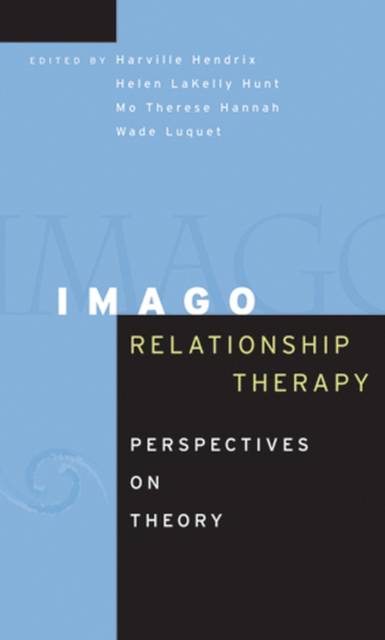
- Retrait gratuit dans votre magasin Club
- 7.000.000 titres dans notre catalogue
- Payer en toute sécurité
- Toujours un magasin près de chez vous
- Retrait gratuit dans votre magasin Club
- 7.000.0000 titres dans notre catalogue
- Payer en toute sécurité
- Toujours un magasin près de chez vous
58,45 €
+ 116 points
Description
It's been more than three decades since Harville Hendrix and Helen LaKelly Hunt -- the best-selling authors of Getting the Love You Want and Keeping the Love You Find -- created Imago Relationship Therapy. Their concept of the conscious marriage introduced a new paradigm for understanding the dynamics of couples. Since that time more than two thousand clinicians in twenty-eight countries have adopted and implemented this highly effective form of couples therapy. This groundbreaking book offers an overview of the highly successful Imago Relationship Therapy (IRT) and the relationship of IRT with preceding schools of thought such as psychoanalytic theory, family systems theories, affect theory, and self-psychology. At the heart of IRT is a three-step process involving mirroring (reflecting) the partner's feelings, validating the partner's point of view, and the expressing empathy toward the partner's feelings. Imago Relationship Therapy traces IRT's history and explosive growth and outlines the differences and similarities between Imago theory and other models of couples therapy. The book also presents some of the ideas of prominent Imago thinkers, such as the central role of connectivity and the problem of envy in committed relationships.
Spécifications
Parties prenantes
- Editeur:
Contenu
- Nombre de pages :
- 256
- Langue:
- Anglais
- Collection :
Caractéristiques
- EAN:
- 9780787978280
- Date de parution :
- 01-03-05
- Format:
- Livre relié
- Format numérique:
- Genaaid
- Dimensions :
- 157 mm x 231 mm
- Poids :
- 544 g

Les avis
Nous publions uniquement les avis qui respectent les conditions requises. Consultez nos conditions pour les avis.





